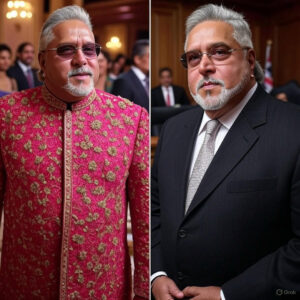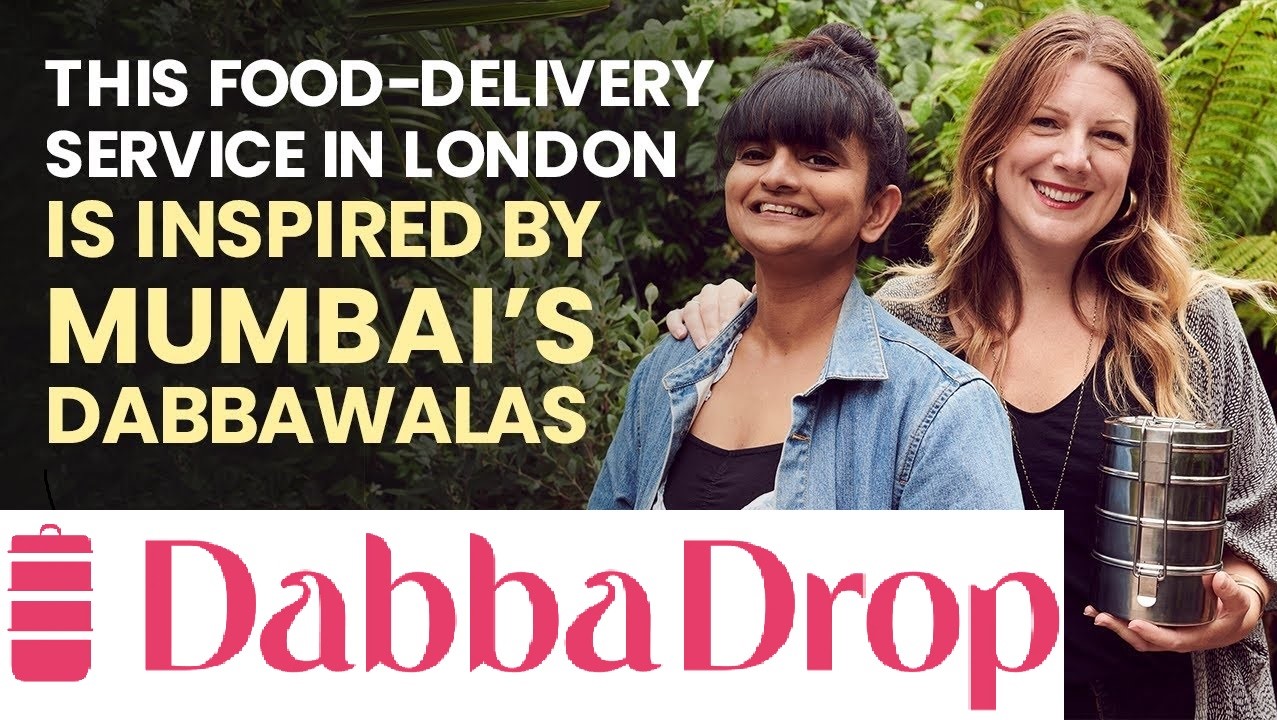In the bustling streets of London, a culinary revolution is taking place. A revolution that’s not just about food, but about sustainability, community, and the spirit of innovation. This is the story of DabbaDrop, a UK-based startup that’s redefining the food delivery service by drawing inspiration from Mumbai’s legendary Dabbawalas.
Table of Contents
ToggleThe Spark of Innovation
It all began with a simple act of sharing a meal. Anshu Ahuja, a Mumbai native, prepared a traditional Indian curry and vegetable dishes for her neighbor and friend, Renée Williams. The homemade taste and the perfect proportionality of the meal struck a chord. It was this moment that sparked an idea in Anshu’s mind – an idea that would address the problem of waste and leftovers from disorganized meal structures prevalent in food delivery services.
A Nod to Tradition
Anshu’s roots in Mumbai brought back memories of the city’s two-century-old meal service, the Dabbawalas. Known for their efficient delivery system, the Dabbawalas have been a case study in logistics and management for years. Anshu saw the potential to modernize this business model, making it relevant for today’s eco-consciousmodernize this business model consumers.
The Birth of DabbaDrop

In 2018, Anshu Ahuja and Renee Williams launched DabbaDrop, an eco-friendly delivery service that stood out for its commitment to reducing the wastefulness of conventional food delivery packaging. Starting with a few trial meals, the homemade dabbas quickly gained appreciation, affirming the viability of their concept.
Sustainability at Its Core

DabbaDrop simplifies meal choices, offering curated South Asian dishes with a focus on veganism. Their weekly menus feature flavors from Kerala to Hyderabad, and Delhi to beyond, all delivered using emission-free vehicles and reusable packaging. This approach has not only won the hearts of Londoners but also caught the attention of business tycoon Anand Mahindra, who humorously noted the venture as “No better – or more ‘delicious’—evidence of reverse colonization!”. (delicious evidence of reverse colonization’).
Plant-Based Menus:
Initially, DabbaDrop offered vegetarian menus, but due to customer demand, they’ve transitioned to being entirely plant-based. Anshu says, “So many people wanted the vegan option, so we responded. It was easy for us to swap out the paneer for tofu.”
The Journey to Success
Today, DabbaDrop is valued at around £3 million and has served over 200,000 non-plastic containers. The mother duo behind this venture has shown that with a clear vision and a sustainable approach, it’s possible to create a successful business that’s both profitable and responsible.
Inspiration for Aspiring Entrepreneurs
The story of DabbaDrop is more than just a business success; it’s a beacon of inspiration for aspiring entrepreneurs. It shows that with passion, creativity, and a commitment to sustainability, it’s possible to make a positive impact on the world while also building a thriving business.
Embracing the Startup Spirit
For those looking to embark on their entrepreneurial journey, DabbaDrop’s story serves as a reminder that great businesses often start with simple ideas. It’s about solving a problem, filling a gap, or just doing something better than it’s been done before. And sometimes, it’s about looking back to tradition to find the way forward.
DabbaDrop's eco-friendly logistics system
DabbaDrop combines technology, reusable packaging, and a commitment to sustainability to create a seamless and eco-friendly logistics system. Their dedication to reducing waste and emissions sets a positive example for other food delivery services. 🌱🚴♂️🌎
Subscription-Based Model:
DabbaDrop operates on a subscription basis. Customers pre-order their meals for the week, specifying the number of people they’ll be feeding. This allows DabbaDrop to plan their production and delivery schedule in advance.
Reusable Dabba Tins:
Instead of disposable containers, DabbaDrop delivers food in reusable stainless steel tiffin tins (known as dabbas). These tins are collected after each delivery, washed, and reused for the next round of orders. This system minimizes waste and eliminates the need for single-use plastic containers. Over the past three years, they’ve saved more than 135,000 plastic boxes from ending up in landfills! 🌎
Reduced Carbon Footprint
DabbaDrop uses its own fleet of cyclists for deliveries. These emission-free couriers pedal through London’s streets, ensuring a low carbon footprint. By avoiding motorized vehicles, they contribute to 75% lower carbon footprint compared to a standard Indian takeaway.
Collaboration with Low-Impact Delivery Companies:
In addition to their in-house cyclists, DabbaDrop collaborates with other low-impact delivery companies. These partners share their commitment to sustainability and help expand their delivery reach.
Optimized Routes:
To maximize efficiency, DabbaDrop plans optimized delivery routes. By grouping orders in specific areas, they reduce travel time and minimize energy consumption.
Composting and Waste Management:
Anshu Ahuja and Renee Williams are committed to minimizing waste. They use as much of the ingredients as possible, even including pumpkin skins in their pumpkin curry. Any waste they do have is composted using the green waste and recycling company First Mile.
Customer Communication:
DabbaDrop communicates delivery schedules and updates with customers via email or text messages. This keeps customers informed and helps manage expectations.
DabbaDrop’s success is a testament to the power of innovation and the importance of sustainability in business. It’s a story that encourages us to think differently, act responsibly, and dare to dream. So, whether you’re a budding entrepreneur or simply someone who appreciates a good meal, let DabbaDrop’s journey inspire you to take that first step towards your own startup adventure.

Jugaad on Two Wheels: The Hilarious Bike Parcel Hack in Karnataka
The Great Karnataka Bike Parcel Hack: A Jugaad Masterclass #RapidoParcel: In a creative yet controversial move, ride-hailing platform Rapido has found a way around Karnataka’s

Denmark’s Digital Sovereignty Revolution: Linux and LibreOffice Lead the Way
Introduction to Denmark’s Bold Move In June 2025, Denmark’s Ministry of Digital Affairs made headlines by embracing digital sovereignty, ditching Microsoft Windows and Office 365

🏏Sports as a Business Strategy: Insights from Vijay Mallya’s RCB Ownership
🧠 Sports as a Business Strategy (Tool) In modern business, few platforms offer better engagement and emotional connection than sports. From football clubs in Europe

🙏 Apologies in Leadership: Vijay Mallya Public Apology
🧠 Introduction: The Role of Apologies in Leadership In the corporate world, apologies aren’t signs of weakness—they’re strategic acts of leadership. When made with sincerity

Audiobook Production Costs: Navigating Recording Artists, Studio Expenses, and AI’s Impact
The audiobook industry is booming, with over 130 million listeners in the U.S. alone in 2021 and a growing global appetite for audio content. Producing

Media Trial of Vijay Mallya: How Public Perception Shaped Vijay Mallya’s Legacy
Introduction: Media’s Influence on Business Narratives In today’s hyper-connected world, media narratives can make or break a business reputation. For Vijay Mallya, once known as

